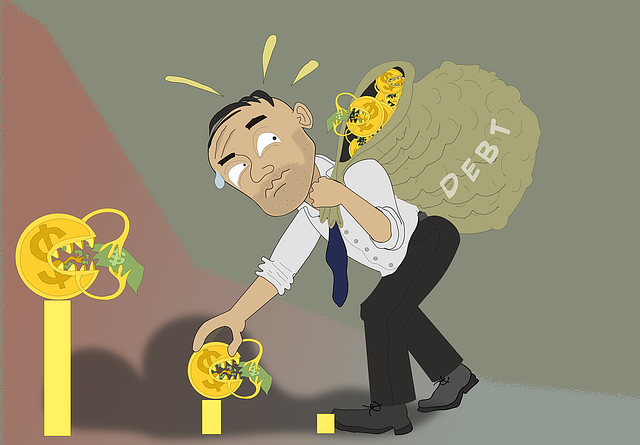Is It Better to Pay Off Debt or Save?
There are lots of opinions out there about whether it makes more sense for consumers to pay off their debt or save money. The reality is that this question is impossible to answer in one fell swoop because no two people have the same financial situation. Even people who have the same amount of total debt and comparable incomes might reach vastly different conclusions. So, is it better to pay off debt or save? Several factors need to be considered to decide the optimal path forward.
Is It Better to Pay Off Debt or Save?
The first thing you need to evaluate when determine whether to pay off debt or save is your debt mix. Essentially, what kind of debt to you have? While some might underplay this, there really are significant differences between various forms of debt. Some debt can actually be neutral or good for your financially if you know how to use it the right way.
Probably the easiest way to conceptualize the difference between good and bad forms of debt is to think of a mortgage versus credit card balances. On one hand, you have a low-interest form of debt that helps you acquire an essential, hard asset. On the other hand, you have highinterest debt that doesn’t really help you in any way shape or form. Clearly credit cards are a pernicious form of debt, while a mortgage isn’t nearly on the same level. In fact, holding onto a mortgage can actually benefit you financially during periods where inflation is higher than your interest rate. Holding onto this debt for as long as possible and using your money for other purposes is going to be a much better decision.
So, when it comes to paying off debt, you really need to understand how harmful the debt will be to you financially in the long term. Credit cards can be extremely damaging if you allow the balances to accumulate over time. They come with high interest rates, and only require low minimum payments each month. This can tempt people into letting the balances balloon, and eventually spiral out of control. Therefore, if you have a lot of credit card debt, you probably want to make serious efforts to pay it down before you dedicate money to savings.
But what are you supposed to do if your massive debt load is itself keeping you from making progress on debt repayment? If you’re in this boat, there are some options that can help you get your finances back on the right path.
What to Do If Debt Is Keeping You from Saving
Those who are seriously drowning in debt might need to look for external help in order to get a foothold on their bills. Fortunately, there are several routes you can pursue if you fall into this category of consumers.
For individuals who feel like they’ve tried everything out there to no avail, debt relief could be the answer to your debt problems. Let’s take a deeper look at how debt relief programs work so you can determine if they might make sense for you.
The first thing to know about debt relief is that once you’ve reached this point, you’re no longer looking to repay all of your debts. Instead, you’re going to work with a debt relief company to hopefully negotiate a lump-sum settlement with your creditors. This works by sending money to the debt relief company instead of paying your bills, which affords them leverage to make a deal.
If this sounds like it could be a risky move, there are certainly drawbacks. Paying your bills on time is the most important factor in determining your credit score. Due to this, your credit might take a hit if you go through with debt relief. For those who are unable to keep up with their bills any other way, however, this might be a critical step in finally breaking free of the debt bondage. Doing this can pave the way for you to eventually build up savings and repair your financial wellbeing.
It can be tough to know if it makes more sense to pay down debt or save money.
Understanding the nature of your debt is the most essential step in recognizing what approach will work best for you.

